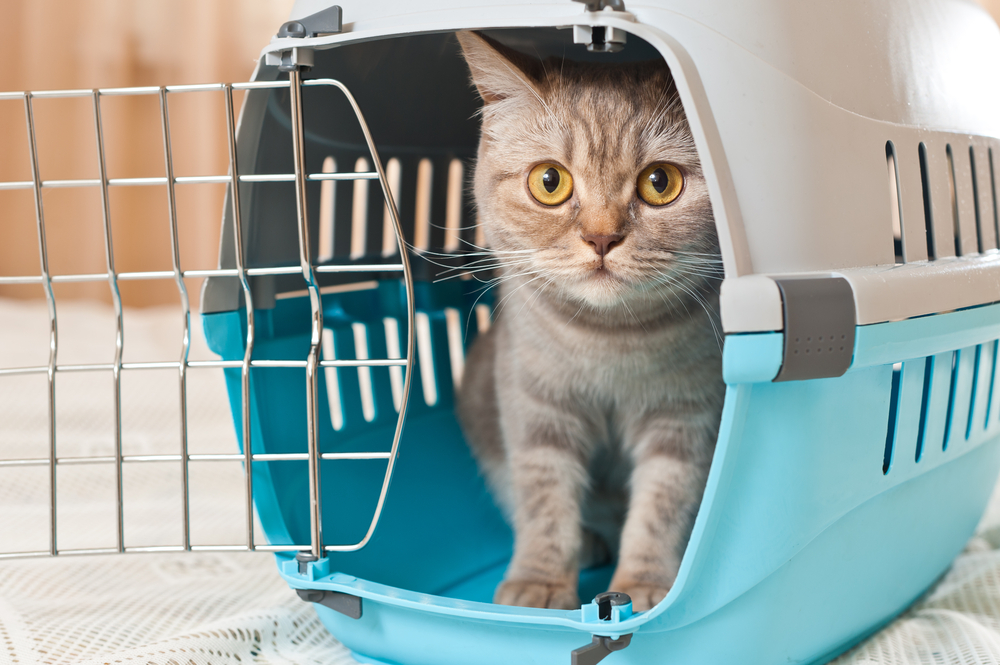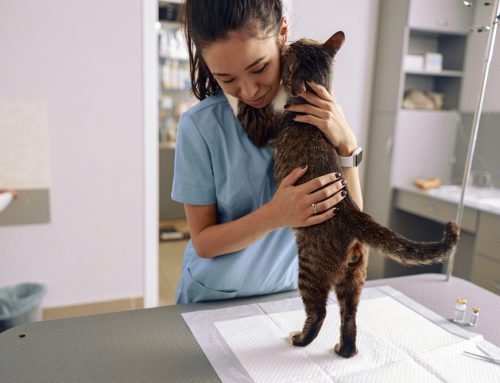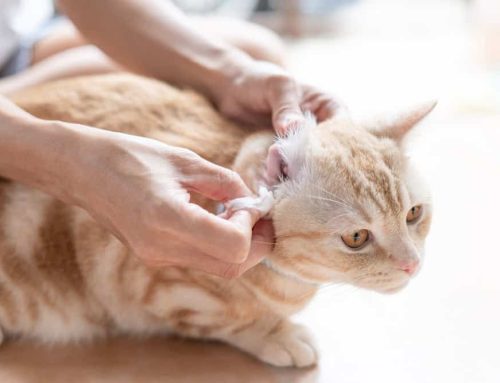Vaccinations are an essential part of keeping your cat healthy and protected from serious diseases. Understanding which vaccines your cat needs and when can feel overwhelming, but our Kauai Veterinary Clinic team is here to help! Our guide answers your questions about vaccinations, ensuring your feline companion enjoys a long, happy, and healthy life.
Why do cats need vaccinations?
Like people, cats are susceptible to various infectious illnesses that can have severe consequences. Vaccinations work by introducing a weakened or inactive form of a virus or bacteria, prompting a cat’s immune system to develop defenses. This way, if your cat encounters the actual disease, their body is prepared to fight it off, preventing illness or minimizing its severity.
Core and noncore vaccines for cats
Some feline vaccines are necessary for all cats. Your veterinarian will recommend other vaccines based on your whiskered pal’s lifestyle. Cats’ vaccine are separated into two categories:
- Core vaccines — These are highly recommended for all cats, regardless of lifestyle or age. They protect against potentially fatal diseases such as:
- Rabies — A zoonotic disease—transmissible to people—that affects the nervous system and is always fatal.
- Feline panleukopenia (i.e., feline distemper) — A highly contagious and often deadly viral infection affecting the digestive system.
- Feline viral rhinotracheitis (i.e., herpesvirus 1) and calicivirus — These viruses cause upper respiratory infections, leading to coughing, sneezing, and difficulty breathing.
- Noncore vaccines — These are recommended based on your cat’s individual risk factors such as lifestyle and potential exposure to specific diseases. Examples include:
- Feline leukemia virus (FeLV) — A serious condition that weakens the immune system and increases susceptibility to other infections.
- Bordetellosis — These bacteria can cause upper respiratory infections, particularly in cats housed together in boarding facilities or shelters.
What vaccines does my cat need?
At around 6 to 8 weeks of age, your new kitten will be old enough for their first vaccines. This involves a series of shots spread over several weeks, followed by yearly boosters throughout their life. Kittens receive various vaccines based on their specific needs and potential risks. Here’s a glimpse into what to expect:
- Early steps (6 to 8 weeks) — This is typically the first visit to the vet after bringing your kitten home. They may receive their initial dose of the feline viral rhinotracheitis, calicivirus, and panleukopenia (FVRCP) vaccine. Depending on your veterinarian’s recommendation, the FeLV vaccine might also be administered to safeguard against the feline leukemia virus.
- Boosting immunity (9 to 16 weeks) — During this period, your kitten receives additional doses of the FVRCP vaccine and their rabies vaccination, solidifying their protection against these dangerous feline illnesses. This may also coincide with booster shots for the initial FeLV vaccine if received earlier.
- Teenage boosters (1 year) — By now, your kitten has transitioned into a playful teenager! Your cat will receive booster shots for all core vaccines they received as a kitten. You can ensure your whiskered pal’s lasting immunity by scheduling their booster vaccines routinely throughout their life.
- Adulthood and beyond — Your cat’s annual vet visits will include assessments and some core vaccine boosters, depending on your whiskered pal’s individual needs and your veterinarian’s advice. Noncore vaccines, such as FeLV, may also require boosters based on your cat’s lifestyle and risk factors.
Keep in mind that this is just a general overview. Your veterinarian will create a personalized vaccination schedule considering your kitten’s breed, health status, potential exposure to wildlife and other pets, and whether they have an indoor or outdoor lifestyle.
Common questions about cat vaccines

While administering vaccines is a routine part of our day, our team understands that you may still have questions. Learn the answers to these common pet vaccine questions:
- Do indoor cats need vaccinations? While indoor cats have a lower disease risk than outdoor cats, they can still be exposed to diseases through bacteria and parasites on people’s clothing and infected objects brought into the home. Vaccinations remain crucial even for indoor-only cats.
- Are there side effects to vaccines? Mild side effects, such as soreness at the injection site or lethargy, are possible but usually temporary. Very rarely, a vaccine can trigger an allergic reaction in cats. Discuss your concerns with your veterinarian.
- What do cat vaccinations cost? Costs vary depending on the vaccine, location, and clinic. Ask our team for an estimate.
- How can I ease my cat’s vet visit anxiety? Talk to your veterinarian about calming techniques or anxiety medications. Transport your cat in a comfortable carrier. Consider scheduling their appointment during quieter times.
- Can I vaccinate my cat at home? No. Only licensed veterinarians can administer vaccines safely and effectively.
- Where can I learn more about specific cat diseases? Reputable sources, such as the American Association of Feline Practitioners (AAFP) and the American Veterinary Medical Association (AVMA), offer detailed information.
Remember, the best way to determine the ideal vaccination plan for your cat is to consult your veterinarian. Our team takes into account your cat’s age, health, lifestyle, and risk factors when recommending your whiskered pal’s vaccine schedule. By ensuring your cat receives the necessary vaccinations, you are investing in their long-term health and well-being, allowing them to thrive and enjoy a full, happy life by your side.
We are dedicated to providing exceptional care for your furry companion. Contact our Kauai Veterinary Clinic team to schedule an appointment and discuss your cat’s vaccination needs.










Leave A Comment